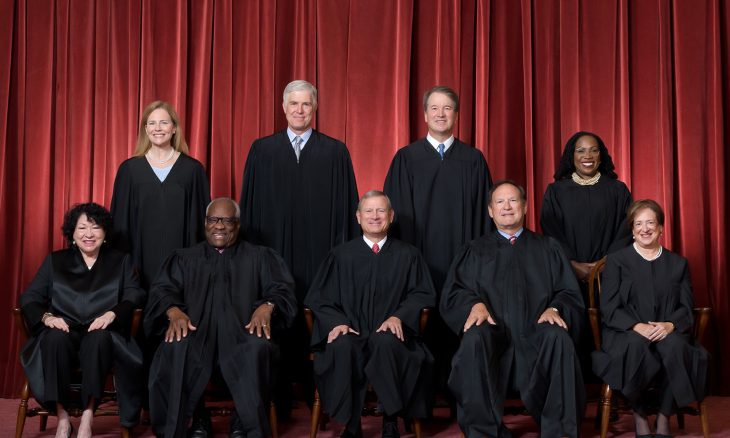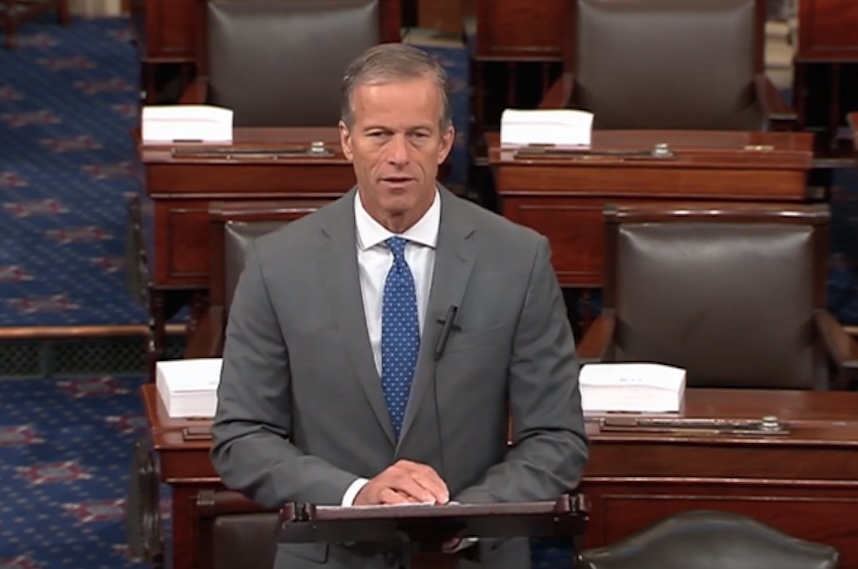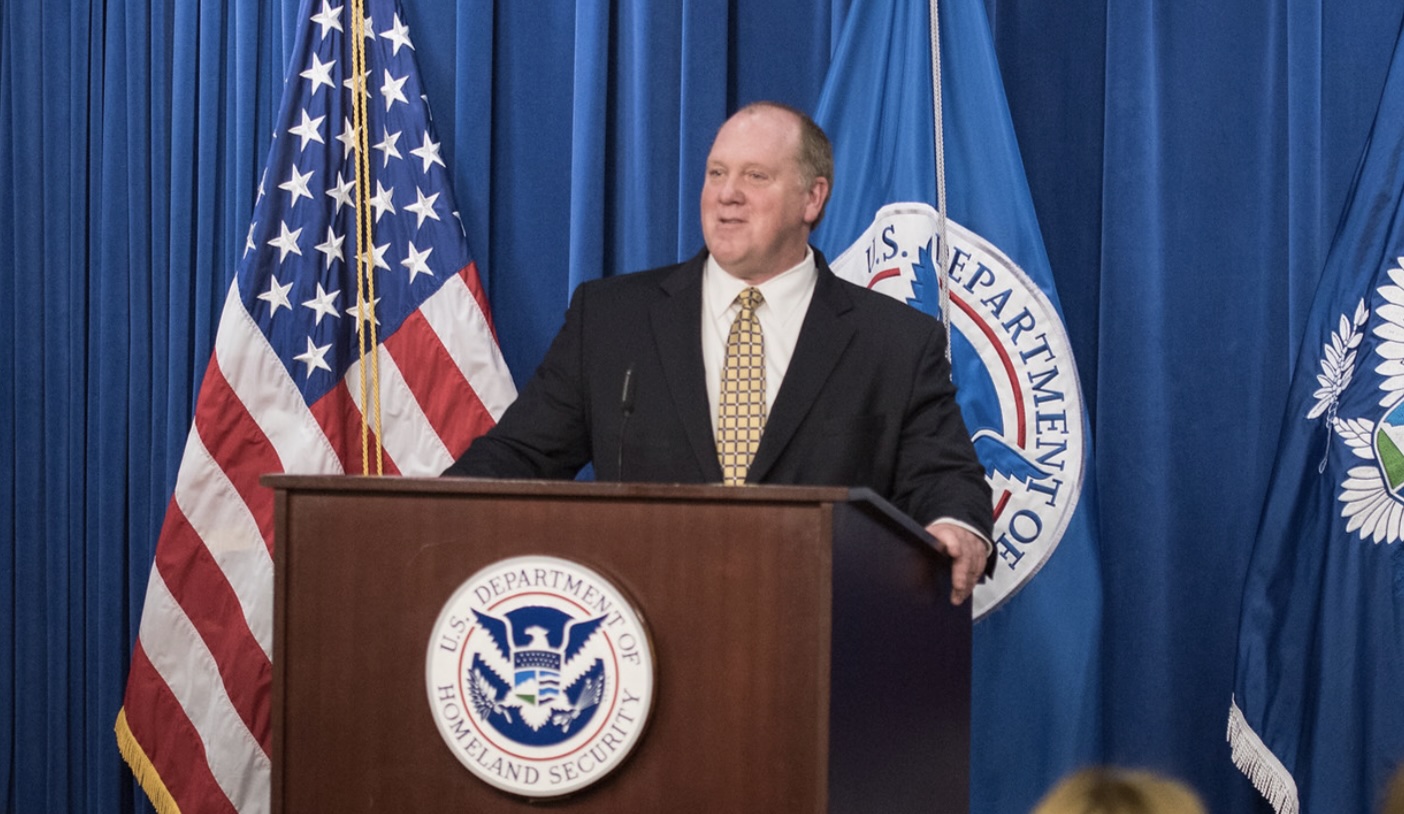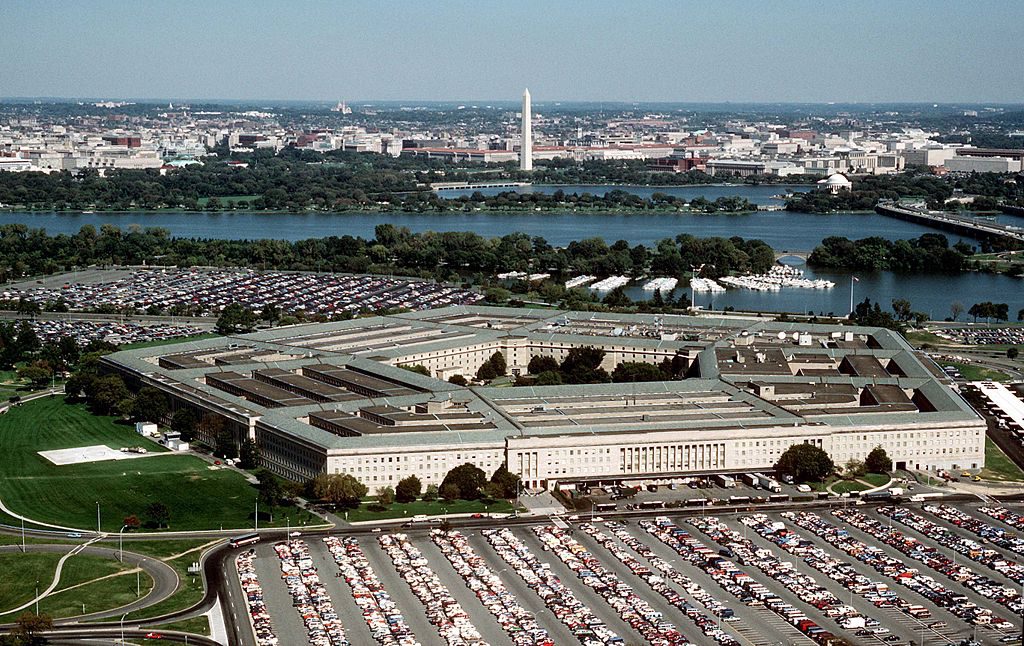Justices question whether or not the responsibility is on public officials to identify the nature of their accounts.
The justices of the Supreme Court heard arguments in two cases in which lower courts came to opposing opinions. The cases pertain to whether or not public officials blocking social media critics violates free speech under the First Amendment.
In both of the cases, plaintiffs sued a public official who blocked them on social media after they voiced opposition. In one case, California judges ruled that school district trustees were not allowed to block two parents who published multiple critiques of their financial decisions. In another case, Michigan judges ruled that a city manager was allowed to block those who published criticisms about his COVID-19 pandemic policies.
The cases hinge on whether or not public officials, as opposed to private individuals, violate the First Amendment when they block citizen’s opinions about the words and actions of a politician or elected official. This overlapping of previous social media precedence with First Amendment rights presents a legal conundrum for the American court system.
Justice Ketanji Brown Jackson said she was struggling to understand “why the onus isn’t on the government official to be clear about the capacity in which they’re operating.” Justice Brett Kavanaugh agreed, wondering if implementing categories for posts would help legally differentiate between everyday posts and official directives posted through social media.
As the Lord Leads, Pray with Us…
- For wisdom for the Supreme Court justices as they consider the Constitution and federal regulations surrounding free speech and social media platforms.
- For the justices to issue decisions impartially and uphold the laws of the land.
Sources: Reuters, NY Times









